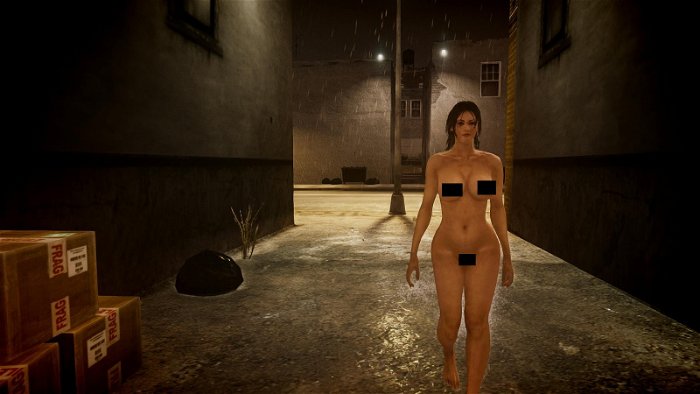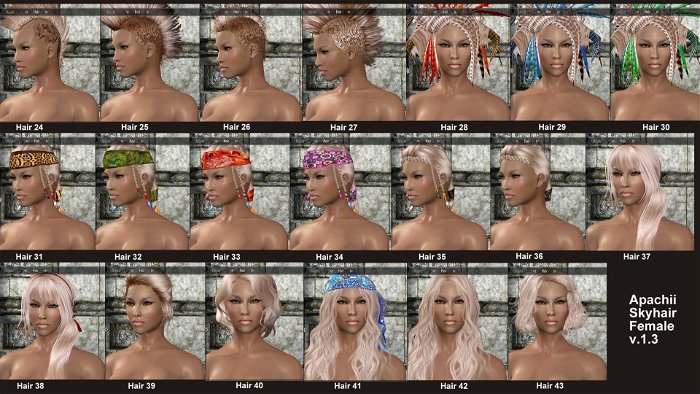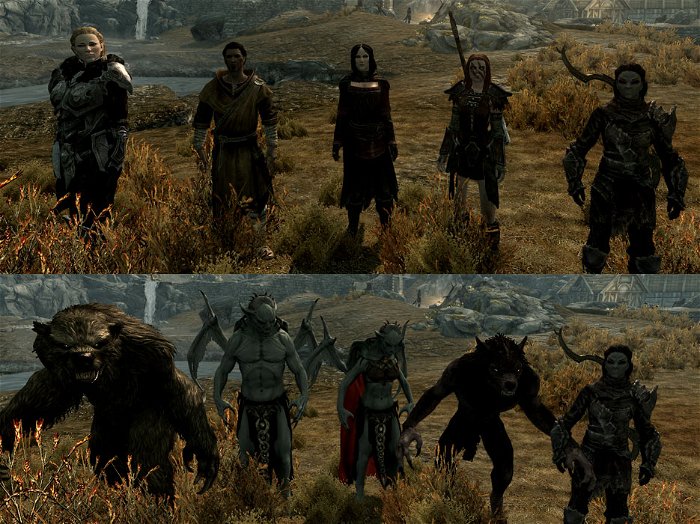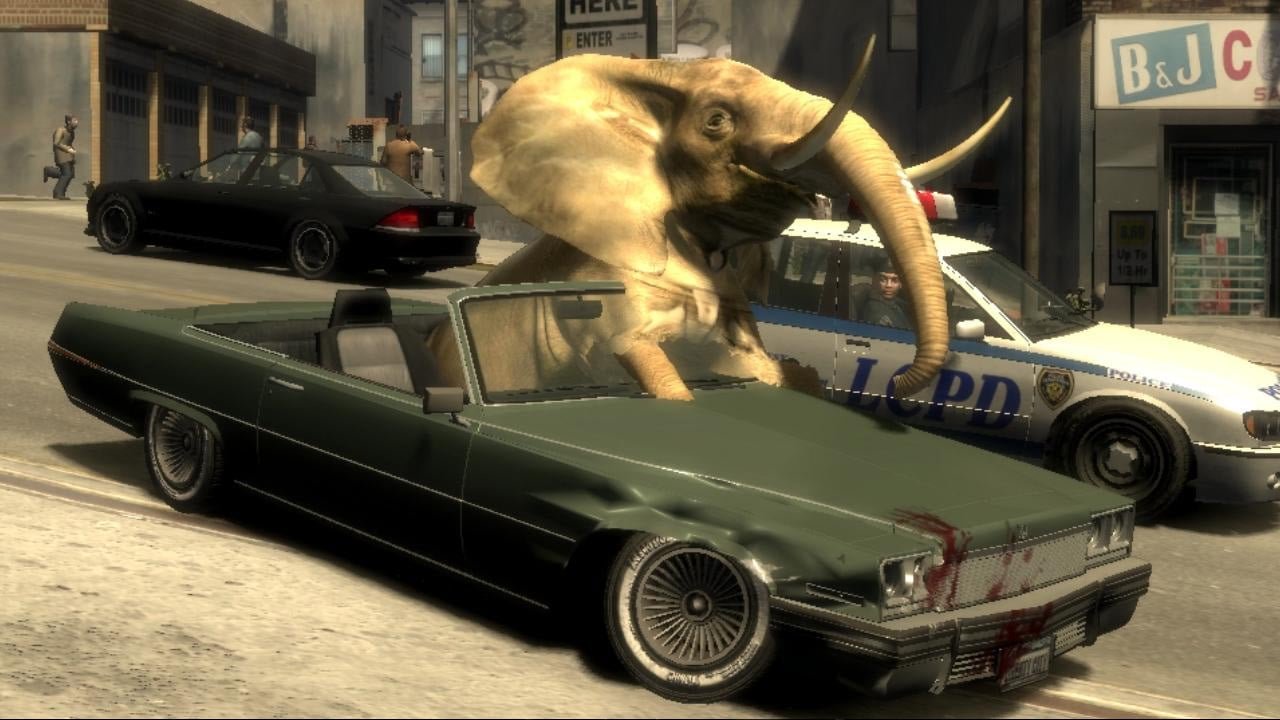Mods have been around for some time. The creativity and skill some players have is limitless. Just doing a Google search for mods can prove that.
There has been a lot of talk lately about mods and their future in games. Many would think that they’re bad for the game because of the coding and altering they do with the game. Many take pride in their creations though, and see them as ways to enhance gameplay and the gaming experience.
So when Rockstar banned field of view mods in the PC version of Grand Theft Auto V, even in single player mode, it caused outrage amongst fans.
FOV mods are used to change the way the game appears to gamers, particularly to fit certain monitors. It’s been said that the game has amazing graphics and is absolute eye candy, some monitors don’t show the correct size the game was set to have.

While creative mods are allowed, Rockstar has said that if the player needs any sort of technical support, the player must uninstall their mods, otherwise Rockstar will refuse to help – including creative ones.
As a result, fans – or former fans – are giving terrible reviews to the game, saying that while in online mode it made sense, in single player it doesn’t.
But it’s understandable. The amount of money Rockstar put into making GTA V is just as much as some movies. Like most movies, people don’t want you to alter their final product after all the blood, sweat, and tears that went into it.
Could the move kill the game? Possibly.
People have been making mods for games for such a long time. As early as the 1980s, people were modding their games to fit their tastes. For the most part, mods are just harmless, added features that put some creativity into the game, like changing the colour of the sky in The Sims 3 or adding in some fan made clothing. Sometimes, they can be complete reconversions, making the game an entirely different story, like when a fan changed Wolfenstein to “Smurfenstein,” making every aspect resemble The Smurfs more than the actual game.
Fans only control so much when it comes to games. They will sometimes try to reach out to the companies that make their favourite titles, but more often than not, the companies won’t listen. Other times the game doesn’t live up to the audience’s standards, and feel they could improve on an aspect of the game. This leads many of them to then turn to modding, although, most people do it just to see what they can come up with.
For the most part, mods are made by fans. They usually share their creations online for free with other fans. There are some unspoken rules among the players: don’t claim it as your own and don’t re-upload it somewhere without permission, and never, ever should their content be uploaded to pay sites. But some don’t understand the importance of that bond in the community and like to take matters into their own hand.
Take That’s Life for example. It was essentially an unofficial expansion pack for The Sims created by a third party with lots of custom content like clothes, household objects, and even a sim or two. The problem? All the content was stolen from players who uploaded their creations online. Fans were furious. Unfortunately, at the time, the internet wasn’t what it is today, so not much was done about it other than a petition or two. There’s even a sequel, which takes place in a “mall” where players can “shop” for their merchandise. Although, That’s Life 2 was faulty, and wouldn’t work or lagged at times.

Steam had a similar scenario. They allowed Skyrim modders to make a bit of money off their creations, and considered doing it for other games. While the creators of these mods could set their own price, they would only be getting a fraction of the earnings, not to mention the copyright issue of who owns what. Fans were so angry, they began to rant and rave about the move, and even made an online petition. Valve CEO Gabe Newell received about 3500 emails himself in two days. Steam finally caved and reverted the changes along with doing an emergency Reddit AMA.
One of the reasons why people don’t want to pay for mods is the fact that they’re made by unofficial sources. They could end up being infected with malware or just not working completely once placed in game. If you know a bit about how mods work, you could fix the issue, but there’s no telling what you’re actually getting for free. That’s not to say that all mods are faulty, but there are times when people come across them.
Who’s to say that paid mods wouldn’t fix this? If people are paying money for mods, why wouldn’t people put more effort into their work? Even if it was a pay-what-you-want type of method it could end up being a nice way to get a little bit of money to put away for a rainy day. At the same time though, things could stay the same. Some people could end up just slapping some half – baked mod, claim it’s worth the money, and make a profit. I’m sure a lot of fans were thinking that when they heard the news.

If you ask me, paying for mods could work if done right. People don’t want to pay for things they once got for free. The creator would have to get at least 50% of the profits, maybe more if it’s a pay what you want option. The mod itself would have to work (but doesn’t necessarily make sense – did you see the GTA V modded gun that shoots out cars?), be free from malware, and screened of hate content like racial, sexual or religious discrimination. It would take a lot of work, but it would be something worth putting money into.
As a whole, mods aren’t that bad. There are a lot more things a major video game company has to worry about than their audience tinkering with the mechanics of the game, as long as they mean well.




